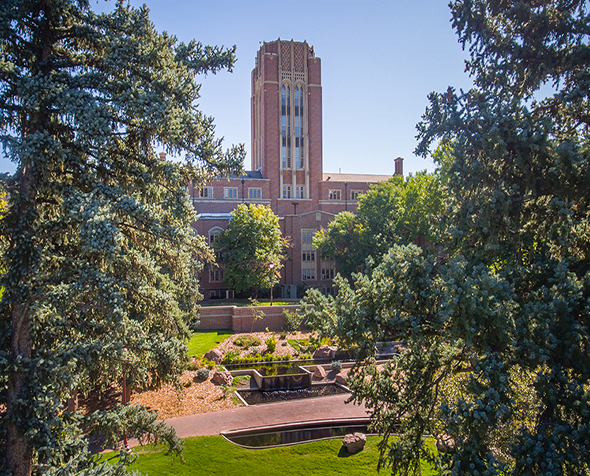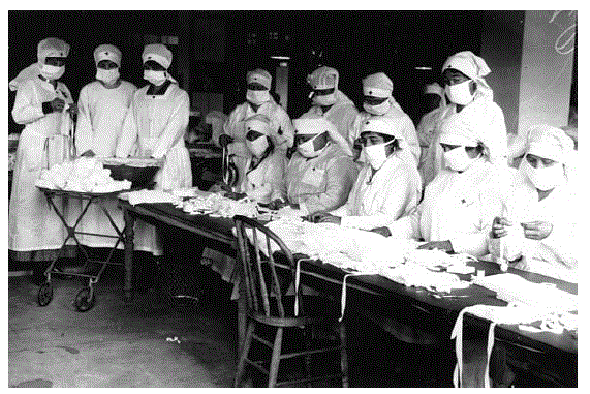DU’s Susan Schulten Named Colorado State Historian
As Colorado approaches its 150th year of statehood, Schulten will help shape how the state’s layered history is told—while opening new doors for DU history students.
On Aug. 1—Colorado Day—Professor Susan Schulten stepped into a new chapter and a new title.
As the newest Colorado State Historian and leader of History Colorado’s State Historian’s Council, Schulten is helping shape how Coloradans understand history. This professional honor is a powerful connection between the University of Denver, where Schulten has taught history since 1996, and the state it calls home.
Schulten is a nationally recognized scholar of American history, the Civil War, President Lincoln, and her greatest passion, maps. Her work explores how maps have mattered in American history, particularly how they have defined what people knew and also what they thought they knew. She points out that maps powerfully shape reality, noting the way that maps galvanized opposition to slavery in the 1850s. Her work has also illuminated how the creation of the Colorado territory was tied to the descent into the Civil War.
“The relationship between Colorado statehood and national politics also is really intimate,” Schulten says, adding that the Centennial State’s three electoral votes played a pivotal part in the 1876 United States presidential election, one of the closest in American history.
Founded in 2018, the five-person State Historian’s Council is made up of interdisciplinary scholars who provide complementary perspectives and rotate the State Historian position every year on the anniversary of Colorado’s statehood. Schulten has served on the council since 2022.
From the classroom to the Capitol, Schulten brings with her the intellectual rigor, research experience, and public engagement that define DU’s approach to scholarship. She’s taught thousands of students how to ask hard questions about the past. Now, she’ll bring that same curiosity and clarity to communities across Colorado through lectures, exhibits, public media, and education initiatives. She also hopes to continue to open doors for DU history students.
“Students are the first thing we think about, whether it’s in the classroom or connecting them to internships in Denver or around the country,” Schulten says. “This appointment is just one more opportunity to continue that work.”
The appointment also coincides with Colorado celebrating its 150th year of statehood in 2026, just as the U.S. marks its 250th year of independence. This November, History Colorado will unveil an exhibit marking 50 turning points in American history, including the Treaty of Guadalupe Hidalgo, which ended the Mexican-American War and ceded land to the U.S., and the inkwell used by Ulysses S. Grant and Robert E. Lee at the Appomattox Court House, where the Army of Northern Virginia surrendered and effectively ended the Civil War.
Schulten’s classes this quarter have already benefited from the work with History Colorado, and she appreciates how DU’s latitude and freedom allow her to teach broadly about American history.
“Being on the State Historian’s Council and seeing those 50 turning points has been really instructive for me,” Schulten says. “In American history, nothing is inevitable. There are these moments that have serious and long-lasting implications. That has given me renewed appreciation for the way that people's actions matter.”
Read more about Schulten at CPR News and Rocky Mountain PBS.





